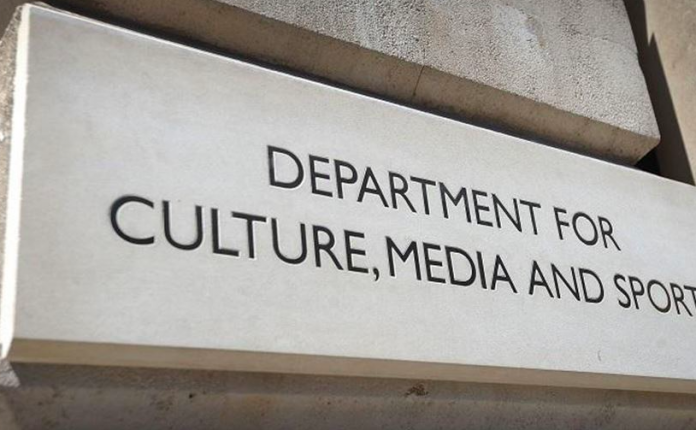Plans for the UK Gambling Commission (UKGC) to conduct advanced affordability checks as a result of the review of the UK’s betting and gaming regulations may be shelved due to the findings of the consultation, according to a report by The Telegraph.
The enforcement of applied affordability checks on all UK gamblers wagering over £100 a month has been submitted to the review as an industry safer gambling and consumer protection measure – which has been received as one of the review’s most divisive issues between participating stakeholders.
This morning, The Telegraph reported that enhanced affordability check requirements will either be ‘watered down or shelved completely’.
The outcome follows the direct involvement by the Department of Digital, Media, Culture and Sport (DCMS) to lead the generational review of the UK’s gambling laws and standards, taking control from the UKGC.
Taking control of the review, the DCMS is reported to want to focus on reforming the duties of the UKGC as gambling’s regulator, in-light of MP and media criticism of its handling of the collapse of Football Index in March.
While the news has been portrayed as ‘boon for gambling’, betting leadership is aware that the review will hold critical judgements on all business dynamics (technical provisions, conduct, licensing, consumer advocacy, CSR) – with the DCMS having outlined a ‘surgical re-wiring’ of the UK’s gambling laws.
The easing of the DCMS approach to the review, as demonstrated by the reported shelving of enhanced affordability checks, follows the March appointment of John Whittingdale to take charge of the overhaul.
Whittingdale, the Minister for Media and Data, has a parliamentary history of favourable voting towards the gambling industry, having opposed measures such as enabling local governments to regulate betting shops and fixed odds betting terminals in 2014 (FOBT).
Over 13,000 responses were received by the UKGC for its extended consultation period of the 2005 Gambling Act, and the regulator has stated that it will publish an update ‘in due course’.
Horse racing industry figures had previously joined betting and gaming operators in criticising the notion of increased affordability checks, as the sport currently receives around £350 million from the gambling sector in the form of media rights deals, sponsorships and the betting levy.
If implemented, the new regulations would enforce a mandatory check once a customer had experienced a monthly loss of £100. Horse racing leaders have claimed that this could result in a yearly loss of over £60 million for the industry due to lost payments from betting operators, at a time when the sport has lost around £250 million due to COVID-19.
In February, Nevin Truesdale, Chief Executive of The Jockey Club, and Martin Cruddace, Chief Executive of the Arena Racing Company (ARC), predicted a worst case estimate of £100 million losses as a result of affordability checks.
Politicians and industry figures have also repeatedly reiterated their concerns regarding the presence of an underground betting black market, arguing that increased affordability checks could push customers towards unlicensed operators with fewer safeguarding and player protection measures than the regulated sector.
Additionally, Chancellor of the Exchequer Rishi Sunak was said to be monitoring the gambling review ‘closely,’ and raised direct concerns to the DCMS.



















